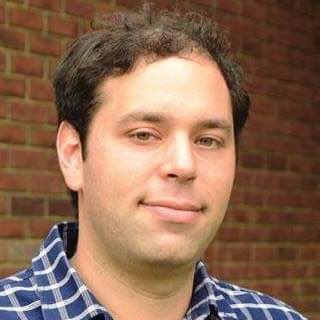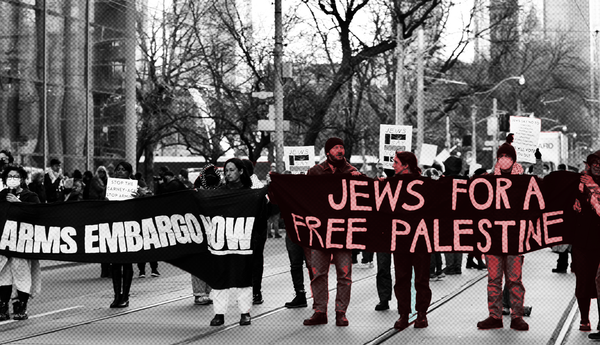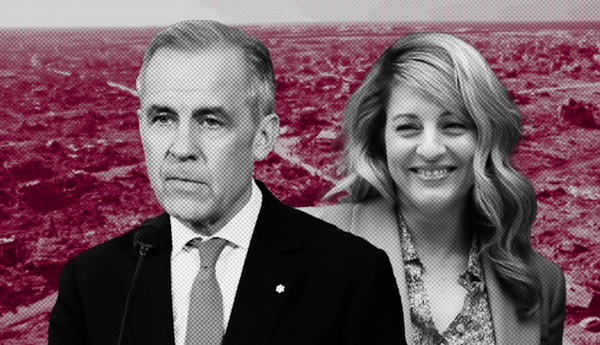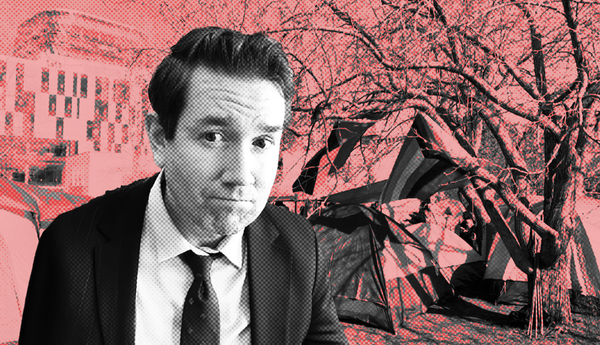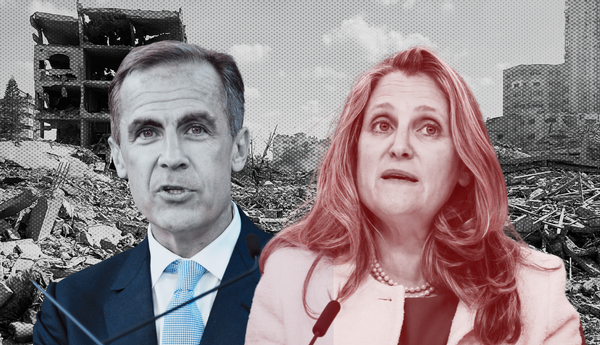The RCMP has a diversity problem by its own admission.
The national police force says it needs to recruit 5,100 women to redress a 27 percent shortfall compared to women’s overall representation in the Canadian workforce, while it needs to hire 1,140 more visible minorities to compensate for a 6 percent shortfall.
However, the RCMP has no plans to stem an exodus of Indigenous members from the force, with 102 Indigenous officers leaving the force between 2018 and 2020.
But some say this goes beyond a human resources problem and is the reflection of a larger malaise in how the force deals with women, LGBTQ+, disabled and BIPOC people.
Hamilton Centre NDP MP Matthew Green, who requested data on diversity from the RCMP, says it’s no secret why the RCMP has difficulty recruiting diverse officers, pointing to a class action lawsuit of female officers who experienced sexual harassment in the workplace, the RCMP commissioner’s flip-flopping on whether systemic racism is an issue at all in the force and the brutalization of Athabasca Chipewyan Chief Allan Adam last year over an expired licence plate.
These issues, Green said, cannot be solved solely by increasing diversity within policing, which he characterizes as “wholly inadequate.”
“The liberal concept of equity, diversity and inclusion (EDI) without any commitment to justice is just aesthetics,” Green told The Maple. “They want to display the right things publicly, but there’s no commitment to dismantling the violent systems that attack the communities in which they’re claiming to have some kind of representation. It’s absolutely a diversion.”
But even then, the RCMP is failing by its own standards, he added.
The data shows that of more than 20,000 applicants, more than half were from self-identified BIPOC people, yet only 1,097 applicants, or about 9 percent, were chosen to attend training at the RCMP academy in Regina. By contrast, about half of non-equity-seeking applicants were accepted.
“At every step along the way, it’s clear that the idea of having more people apply to be the police as somehow being the answer to dismantling systemic racism within policing is absurd,” said Green.
This applies not just to the RCMP, but all police forces in the country.
Green points to the case of Maurice Carvery, a Black former Halifax Regional Police officer who left the force due to systemic racism, and was afterwards racially profiled by his own former colleagues. Carvery was pulled over due to an expired licence plate, which he said he would address as soon as possible. Before he knew it, the officer who pulled him over had called in backup and wouldn’t explain to Carvery why he was doing so.
“I’ve been saying this for quite some time about the biases and the racial biases and the culture and the attitudes, but they’ve constantly fell on deaf ears,” Carvery told Global News a couple weeks after the incident.
Green, who served as a Hamilton city councillor before his time in federal politics, said there are two overlapping issues at play: “There’s one that happens with people who seek out to become law enforcement in Canada as racialized people as an example of institutionalized systemic racism,” he explained. “But more germaine, perhaps, are the outward instances in which racism manifests itself in policing.”
Should cops be more educated?
University of Alberta criminologist Temitope Oriola, who specializes in police use of force, says data is sparse on the success of EDI efforts within police forces. He says his hunch is that EDI programs within police forces can be effective, provided they’re also geared towards the upper ranks, where the power to affect change resides.
In Nunavut, for example, where 86 percent of the population is Indigenous, the RCMP has zero high ranking officials who are BIPOC.
The RCMP needs to look within, Oriola says, to see why equity-seeking groups aren’t swayed by the generous compensation and benefits — and that starts at the top.
“You’ve got to put women, visible minorities and Indigenous peoples in positions of authority. That way you have individuals of these groups at the table when critical decisions are being made, because they bring with them perspectives that may be lost — may not even come up — in discussions,” said Oriola.
A major factor that is often left unexamined in these discussions is the need for higher education requirements for police officers, Oriola adds.
“Quite frankly, I think that needs to be enshrined in policy,” he said. “My distillation of research from literally thousands of police jurisdictions across the United States and experiences outside North America would suggest very definitively that we ought to make a pivot towards recruiting individuals who are university-educated.”
Oriola says a report into the killing of Sammy Yatim by Toronto cop James Forcillo, who was convicted of attempted murder (only to be granted full parole last year), not only suggests that police should favour candidates who have a bachelor’s degree, but specifically those in disciplines one wouldn’t tend to associate with policing, such as nursing and social work.
He says based on the evidence he’s studied from almost 18,000 police forces across the U.S., officers with higher education are more likely to exhaust all options before making an arrest, have stronger de-escalation abilities and are less likely to use force.
“In fact, officers who are involved in excessive use of force against civilians … have two main things in common — number one, they’re overwhelmingly male and number two, they’re overwhelmingly, in many cases almost-exclusively, officers without university degrees,” said Oriola.
Would defunding the police solve the problem?
Leslyn Joseph is an organizer with Defund2Fund, a group that seeks to pressure Calgary City Council into reducing the police budget by 30 percent, and then re-allocating those funds towards enhanced community-based supports for those in distress.
Defund2Fund has had some modest success, with council agreeing to split the costs with the Calgary Police Service to establish a $16-million Community Safety Investment Framework that partners with community-based organizations to assist people in distress.
However, the police’s $8-million contribution, which represents about 2 percent of its budget, was voluntary, and 70 percent of it went to civilian agencies within the CPS.
Oriola supports an approach of this sort, in which police internally re-direct funds towards agencies that are better equipped to handle distress calls. He calls this “detasking” rather than defunding the police. “In other words, we’re (currently) asking police to do too much,” he said.
Joseph shares Green’s assessment that without systemic changes to how police forces interact with racialized communities, enhanced diversity in their ranks is meaningless.
“If the hiring practices are still inherently racist, then hiring people of a different background doesn’t do anything,” said Joseph, who is running for Calgary City Council. “You have people from a diverse background within this racist culture still, and nothing has changed.”
Joseph says she had considered a career in law enforcement to do her part to reform the system from within, but after the police murder of George Floyd in 2020 and the ensuing global racial reckoning, she decided it would be a waste of her efforts.
“It’s like the opposite of the bad apples. Putting in really great apples isn’t going to make the bunch any better,” she said. “At the end of the day, there’s going to come a time when they’re sick of being almost a token.”
Defunding these bloated budgets and putting those funds towards institutions that are avowedly anti-racist is “exactly what we need,” Joseph said, adding that modern policing’s foundations are fundamentally racist, given the RCMP’s historic role in dispossessing Indigenous peoples.
For Green, equity, diversity and inclusion measures are often ways for police forces to extract more funding from governments without making substantial changes to policy.
“In demanding greater diversity and representation, it would not come out of the cost of the existing, overwhelming whiteness of these institutions,” he said. “We need to absolutely re-allocate the gross ballooning of police budgets in a way that reflects the social determinants of health in our community.”
Jeremy Appel is the Calgary municipal politics reporter for Sprawl Alberta, and his work has appeared in CBC Calgary, Jacobin, Passage and the Forward. He also co-hosts the Forgotten Corner and Big Shiny Takes podcasts.

